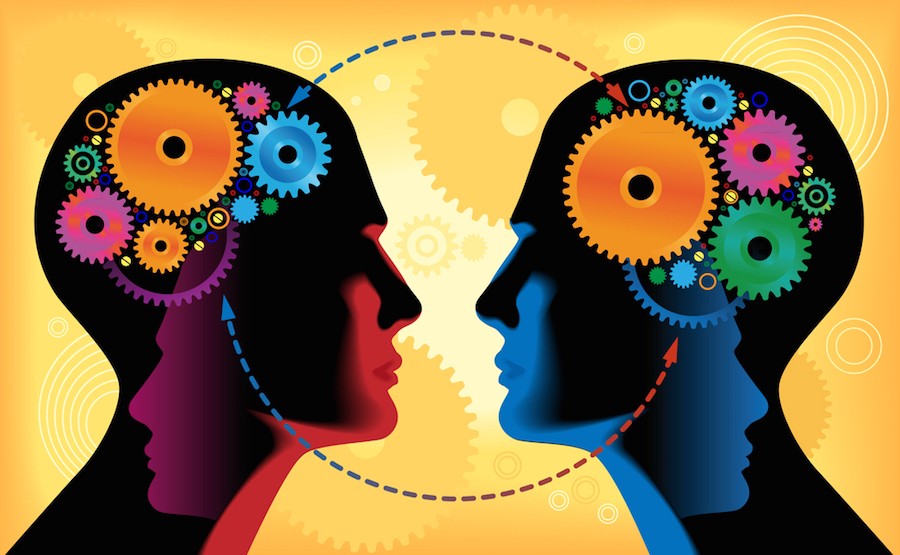Recently I received a letter from somebody who found it difficult to believe a young woman’s story of living with mental health problems and self-harming. The letter asked if things could have really been so bad, pointing out that they thought she appeared to be ‘attractive’, ‘intelligent’ and had attended university, all things the author felt placed her at considerable advantage. The letter went on to ask if she could have really been that isolated at school. Didn’t she have any friends? It asked.
The letter is an echo of an all too common voice in society. It’s the unintentionally oppressive voice of concern; a voice that looks for a quick fix and tells a person who is in pain to ‘lighten up’. The speaker doesn’t realize their words could be driving people further into feelings of isolation when they are at their most vulnerable. Feelings of isolation aren’t often caused by a physical lack of people, but by being surrounded by people and yet not feeling seen or heard by them.
The voice is one built on a foundation of impatient assumptions, but where do these assumptions come from?
As a cognitive function, the mind needs short-cuts and stereotypes; they help us to make sense of the world. They are a form of categorization that helps to simplify and systematize information. This makes information easier to identify, predict, and react to — essentially forming an autopilot so that we can focus on other things.
This autopilot and the condensed version of reality it projects in front of us are protected by a kind of ‘firewall’ of the mind. Just as a computer firewall protects a computer’s systems from new information which could destabilize it, our minds do the same for us. It is essential because it keeps out any information that would disrupt the self-constructed life narrative that helps us make sense of the world.
Cognitive Dissonance theory suggests that we have an inner drive to hold all our attitudes and beliefs in harmony and avoid disharmony (or dissonance). As a result we don’t see the world, we see our world.
We’re inundated by messages which are absorbed and consolidated by the mind, creating a system where arbitrary and abstract concepts, like attractiveness and intelligence, are ascribed value as a marker of happiness. The idea that someone rich in traditional markers of happiness could be living with a mental health problem such as depression disturbs our life narrative. A powerful illustration of this is the media obsession with people who were ‘intelligent’, ‘attractive’ or typically ‘successful’ and yet decided to end their own life.
If a person going through a tough time shares words of pain with us and we perceive them to be rich in traditional markers of happiness, their words are likely to hit our mind’s firewall. It’s easier to deny the reality of their pain than to have to lift the lid on our own reality and question it. In essence, we don’t absorb the truth of the sufferer’s state because it doesn’t fit in with our world view.
There’s a disparity between our hidden ideas of how one person experiences mental health problems such as depression, and the reality that anyone can. We don’t see each other clearly; we see each other through the distorted lens of our mind’s narratives. We need to have courage and compassion to see beyond veneers of privilege and traditional markers of happiness, to see, and not negate human suffering. Wherever it exists.
Originally published at medium.com


